Encapsulating allergens in nanoparticles was found to reprogram the immune system, suppressing severe reactions to food allergies.
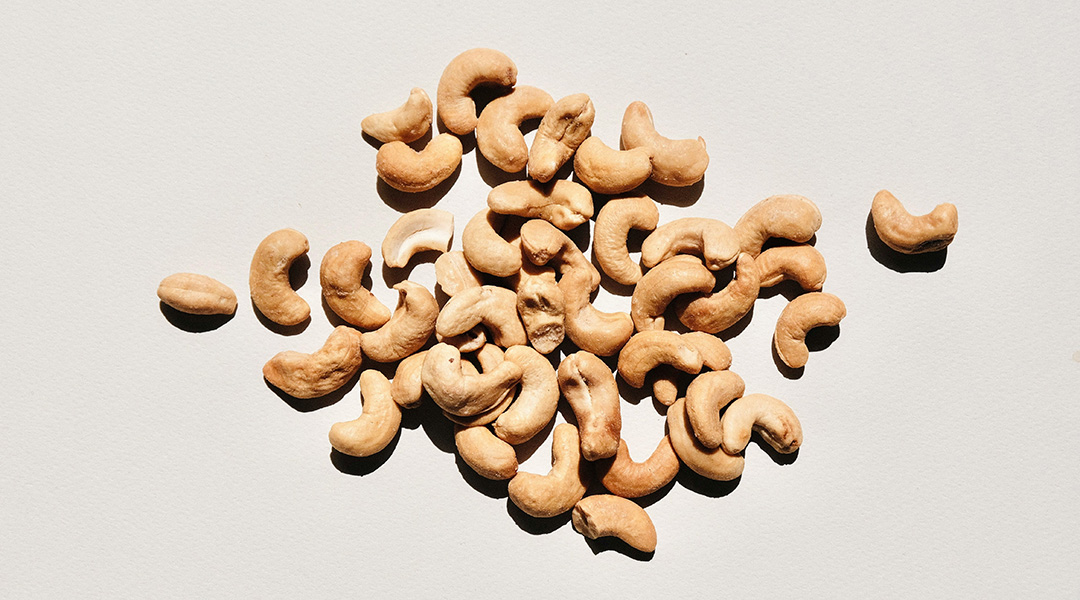


Encapsulating allergens in nanoparticles was found to reprogram the immune system, suppressing severe reactions to food allergies.
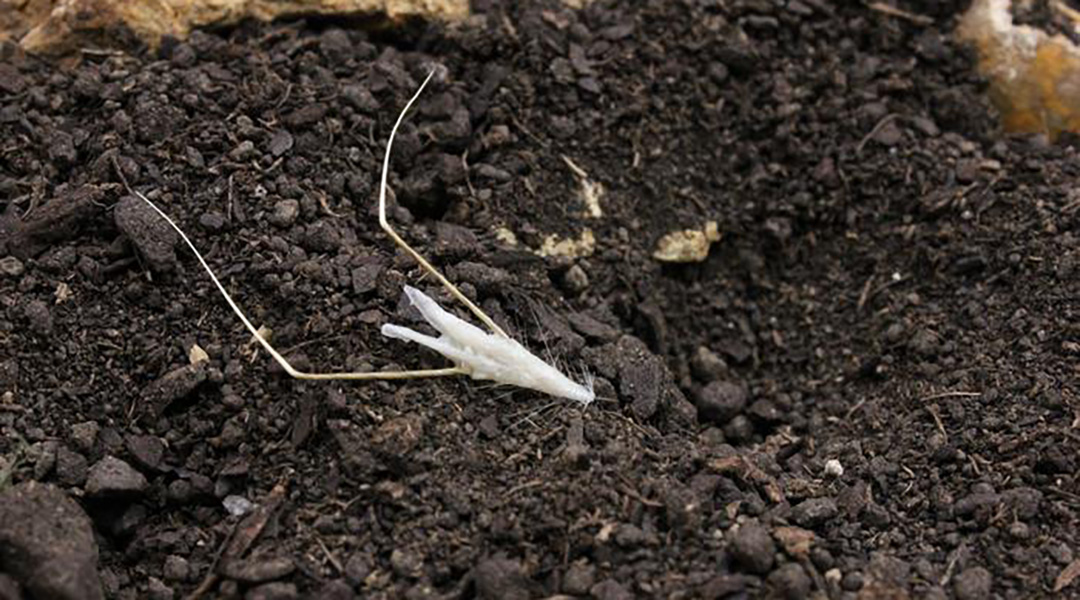
A biohybrid robot made from oats moves in response to humidity and is being tested as a biodegradable vector for reforestation efforts.
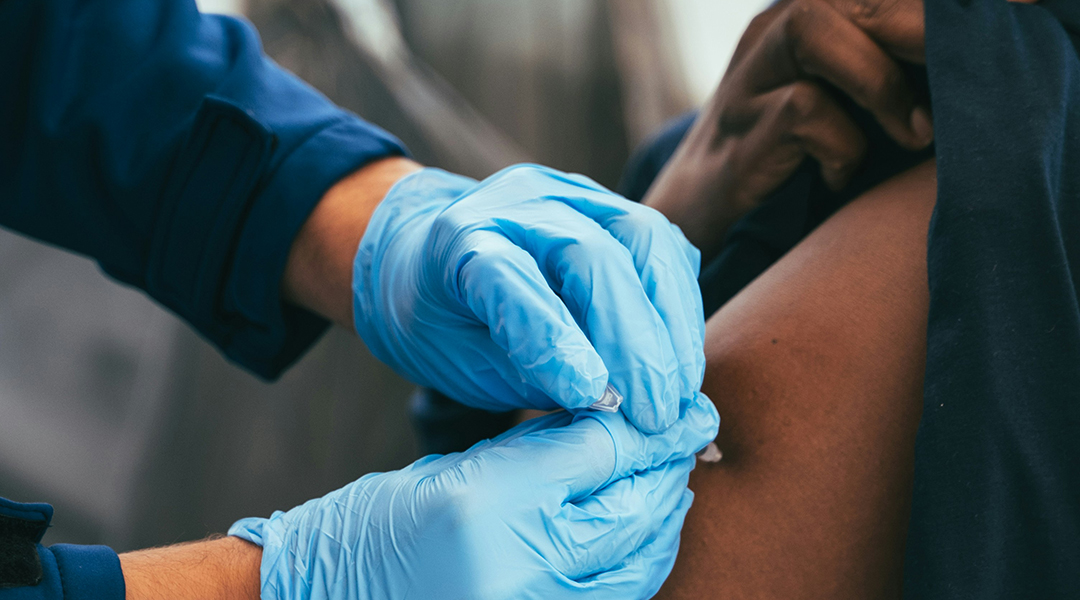
An RNA-based vaccine approach that is effective against all virus strains and safe for infants and immunocompromised individuals.
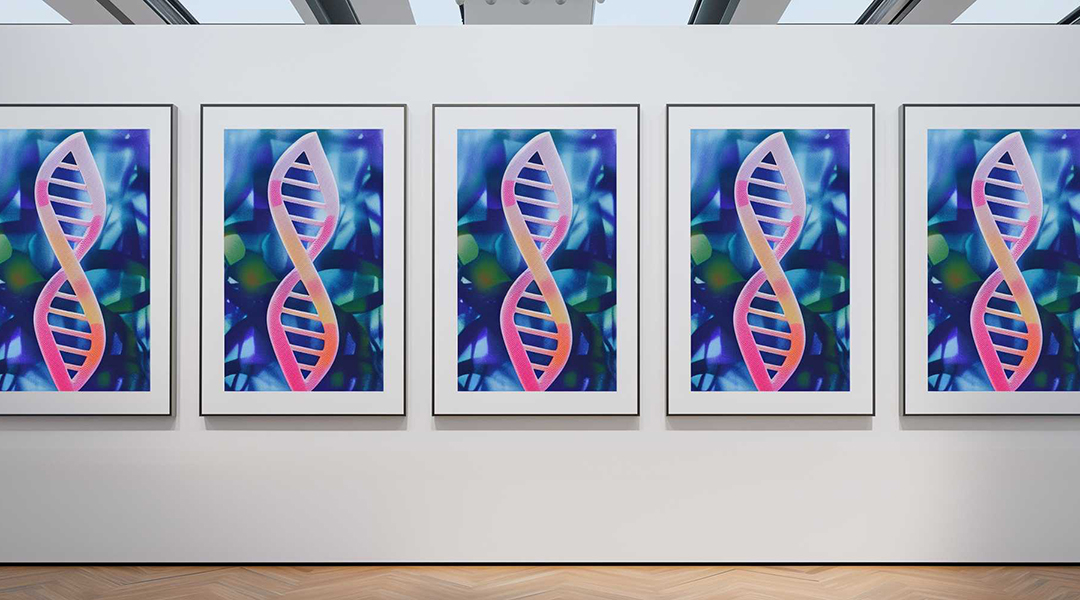
Chaotic pools of DNA could be the future of encryption, proving authenticity of artwork or securing passwords against quantum computers.

People recognize their own biases in algorithms’ decisions more than they do in their own—even when those decisions are the same.
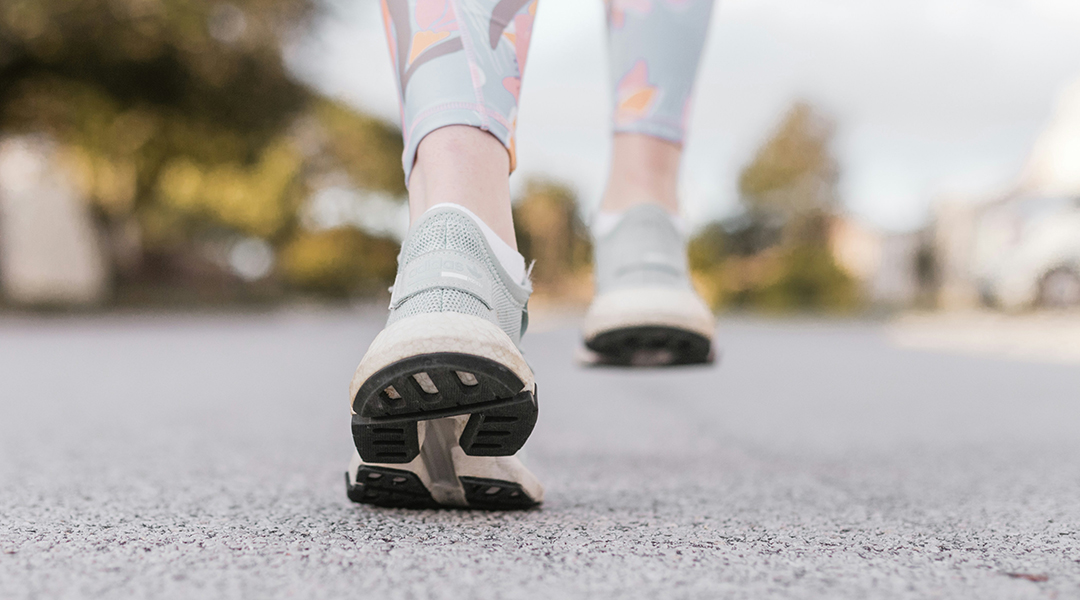
An electronic sock detects an “unhealthy” walking style linked with diabetes and poor circulation to prevent foot ulcers and amputation.

A transparent underwater robot camouflages itself to explore the ocean, reducing encounters with delicate sea life.

Modifying hydrogen fuel cells with caffeine helped protect them from degradation, resulting in up to 11-fold increase in activity.
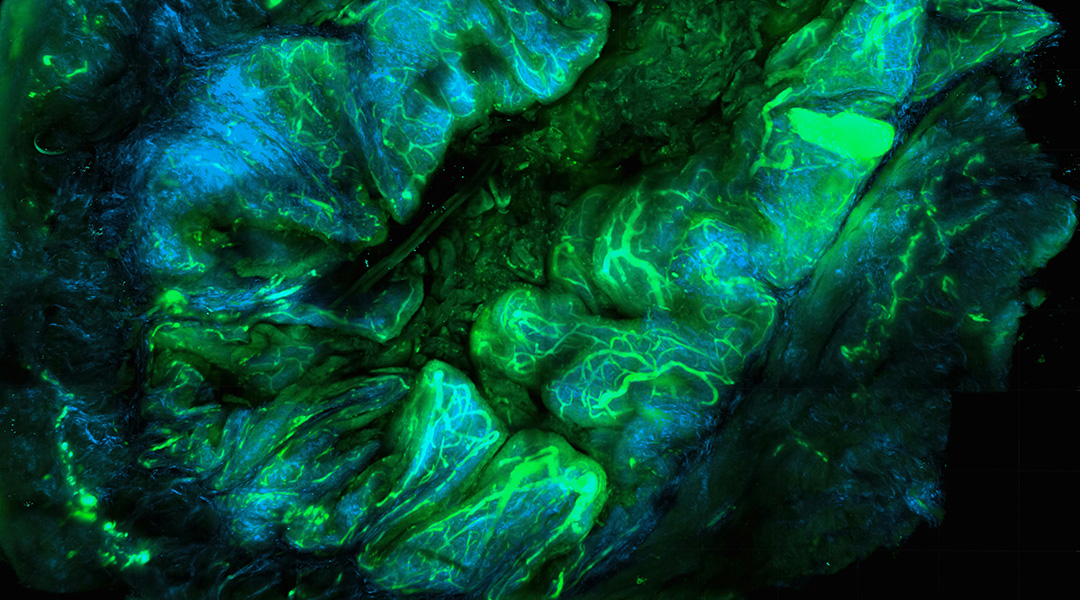
New probe system offers real-time protein mapping within living cells, unlocking insights into cellular function and disease mechanisms.
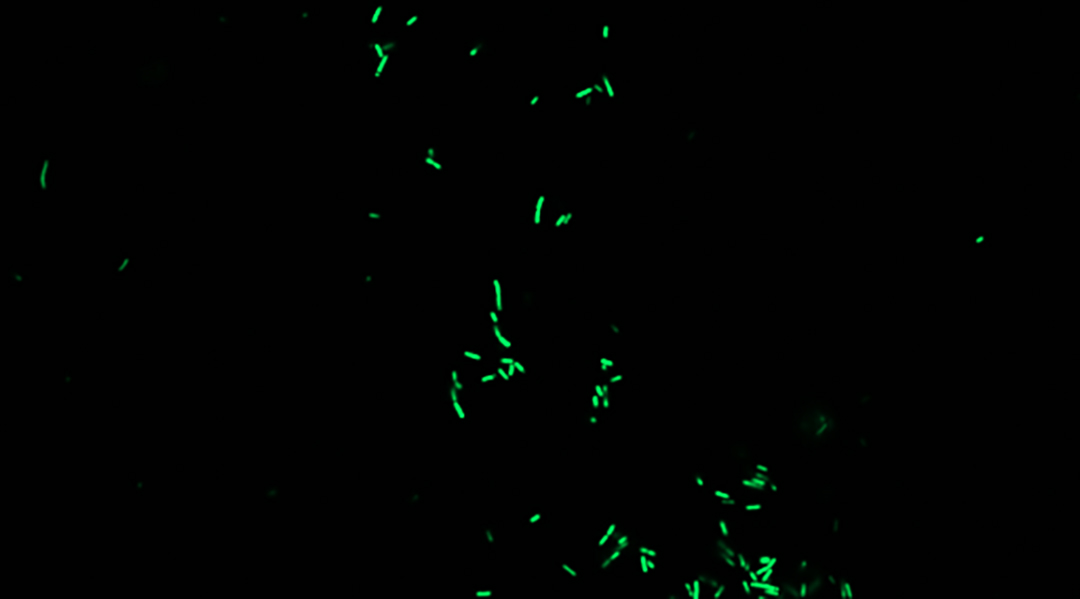
First living biosensor developed to study honeybee gut microbiome, providing insights into health and conservation.